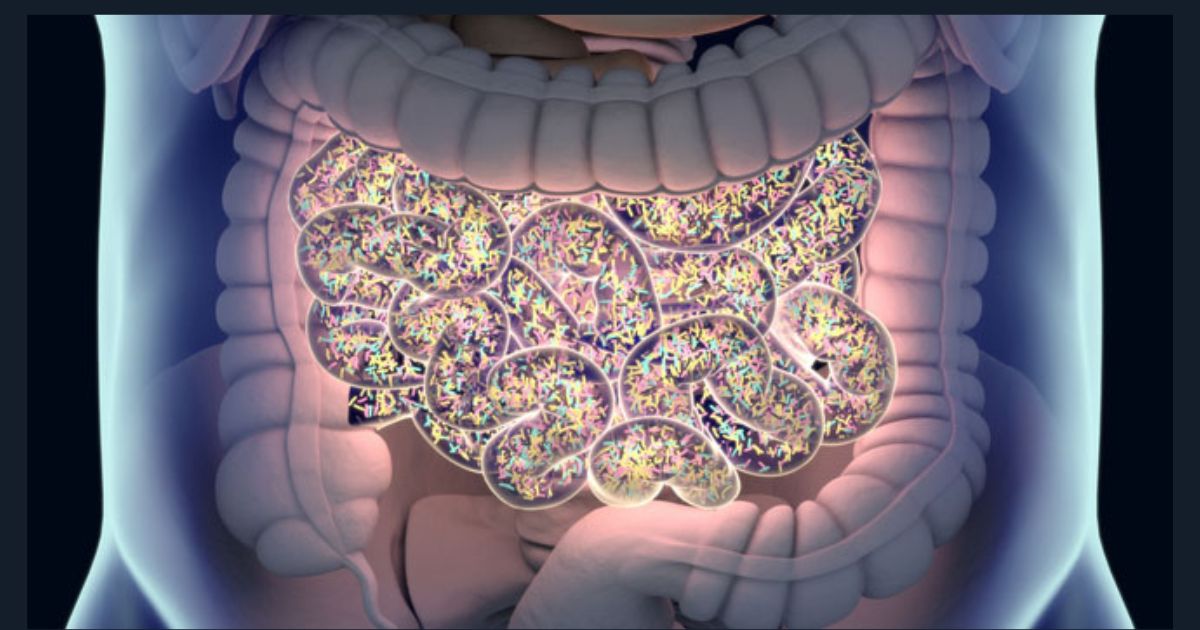In a groundbreaking study, researchers suggest that gut microbes may play a pivotal role in the development of social anxiety disorder (SAD), opening up new possibilities for therapeutic interventions.
The findings, published in the Proceedings of the National Academy of Sciences, delve into the intricate relationship between the gut microbiome and heightened social fear responses.
Social anxiety disorder, characterized by intense fear and anxiety in social situations, has long been attributed to various factors, including genetics and environmental influences. However, this recent research sheds light on the importance of the gut microbiome, the collection of bacteria and organisms residing in the gastrointestinal system.
Importance Of Gut Microbes
The study, led by Professor John Cryan and his team from University College Cork, involved the transplantation of gut microbes from individuals with SAD and healthy individuals into laboratory mice. Prior to the experiment, the mice had their natural gut microbes eliminated through antibiotic treatment.
The results revealed significant differences in the behavior of mice with gut microbes from individuals with SAD compared to those with microbes from healthy individuals. The mice exhibited altered responses to social fear, particularly after being subjected to electric shocks when approaching a new mouse.
Persistent Social Fear in Mice with SAD Microbes:
Mice receiving gut microbes from individuals with SAD displayed distinct bacterial species in their feces compared to those with microbes from healthy individuals. Notably, after the social fear experiment, mice with SAD microbes showcased prolonged fear of approaching other mice, indicating a lack of recovery and resilience in social interactions.
Professor Cryan emphasized the importance of the gut microbiome in maintaining a healthy social brain, highlighting that even in adulthood, nurturing our microbes is crucial for appropriate social functioning.
Hormonal and Immune System Implications:
The study further investigated hormonal and immune system differences in the mice. Levels of oxytocin, a hormone crucial for bonding, varied between the groups, suggesting a potential link between the gut microbiome and social behavior. Additionally, aspects of the immune system were found to differ, indicating a complex interplay between gut microbes, hormones, and the immune system in the context of social anxiety.
Implications for Therapeutic Approaches:
The researchers propose that the gut microbiome may play a causal role in heightened social fear responses in individuals with SAD. This groundbreaking insight not only deepens our understanding of the disorder but also opens avenues for therapeutic development.
Professor Cryan envisions potential treatments involving dietary modifications to alter the microbiome. He suggests that increasing the intake of fiber and fermented foods may have beneficial effects on individuals with SAD. This approach aligns with a growing interest in exploring the impact of diet on mental health.
Looking Forward: Bridging the Gap Between Gut Health and Mental Well-being:
As research on the gut-brain connection continues to evolve, this study underscores the need to consider the role of the gut microbiome in mental health. The findings not only contribute to our understanding of social anxiety but also pave the way for innovative and holistic therapeutic approaches.
In conclusion, the study reveals a compelling link between gut microbes and social anxiety, emphasizing the potential for dietary interventions to reshape the gut microbiome and, consequently, alleviate symptoms of social anxiety disorder.
As we delve deeper into the intricate world of the gut-brain axis, these findings mark a significant step toward a more comprehensive understanding of mental health disorders and their multifaceted origins.








Leave a Reply
You must be logged in to post a comment.